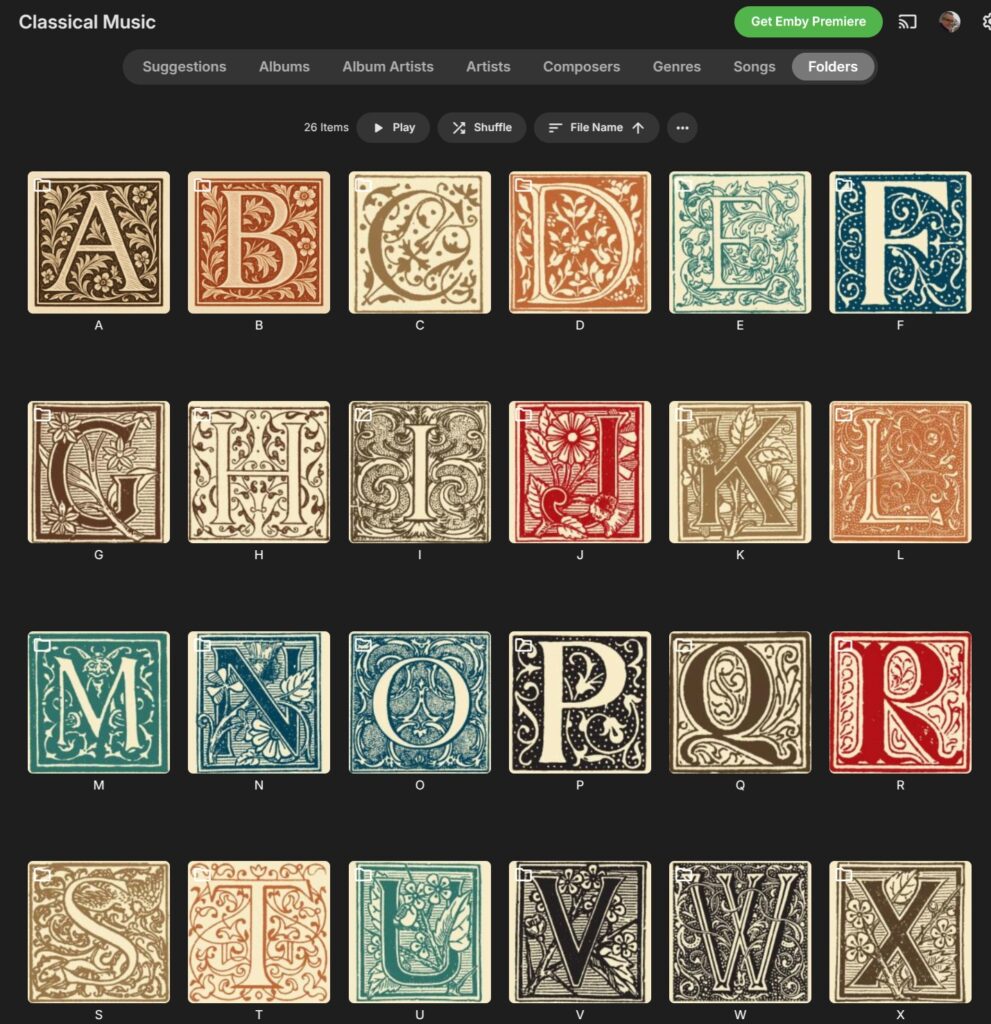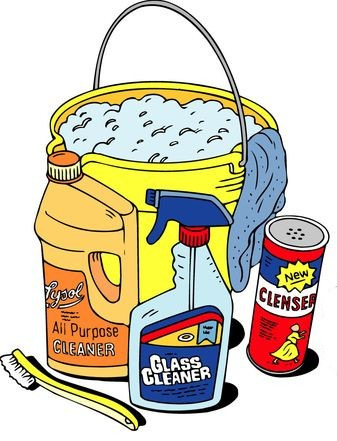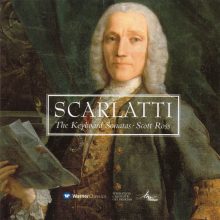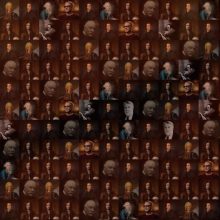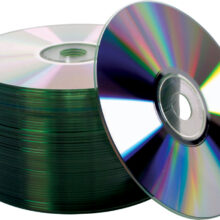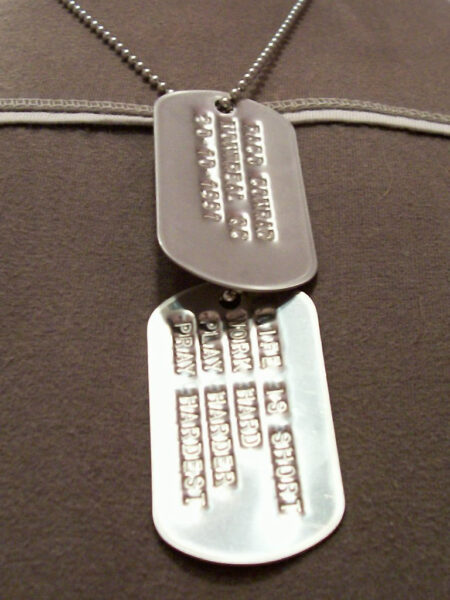I had been subsconsciously aware of a problem for quite a while, but had paid it no real attention: whenever I looked, a lot of my music files seemed to lack proper performer details! The tracks played fine and everything else about them seemed OK, but just no 'conducted by, orchestra playing is, soprano singing is...' stuff. I'd noticed it, in a casual sort of way, from time to time... but because you can live without knowing that particular information at your fingertips, I mostly just did.
I had also vaguely registered (erroneously, as it turns out!) that the problem was with a lot of music I remember buying in the 1990s and ripping in the early 2000s, so I put it down to sloppy tagging habits, waaay back before I knew any better. But it wasn't and isn't. It is a tale of software shenanigans and garbage programming that really kind of ticks me off, to be frank. So, first: let me show you the problem... [...]
